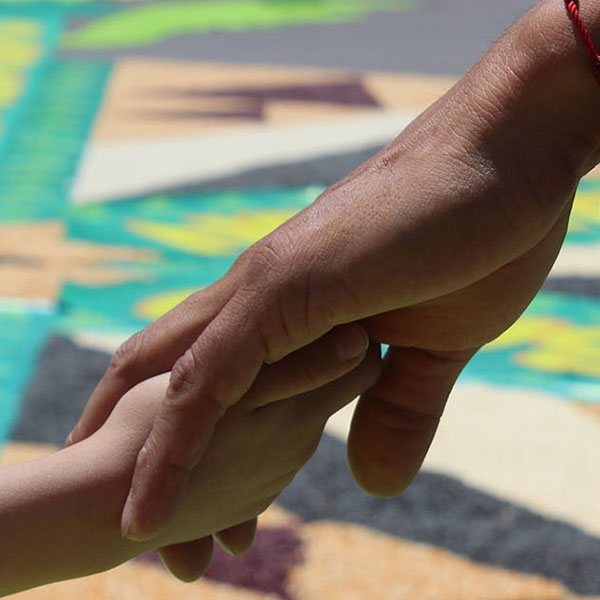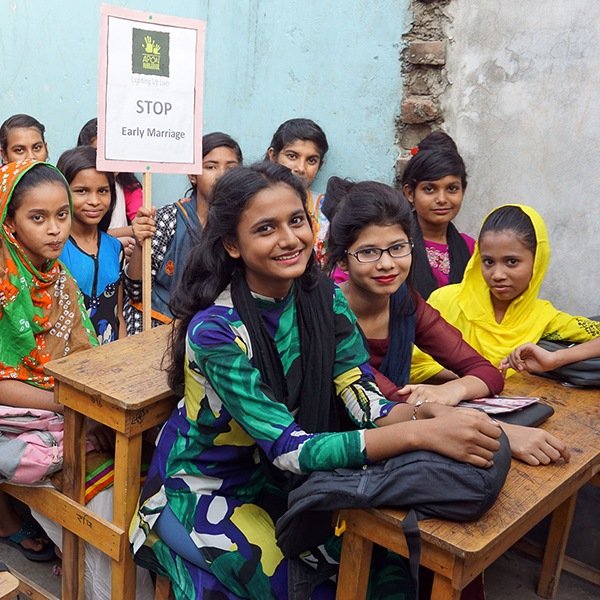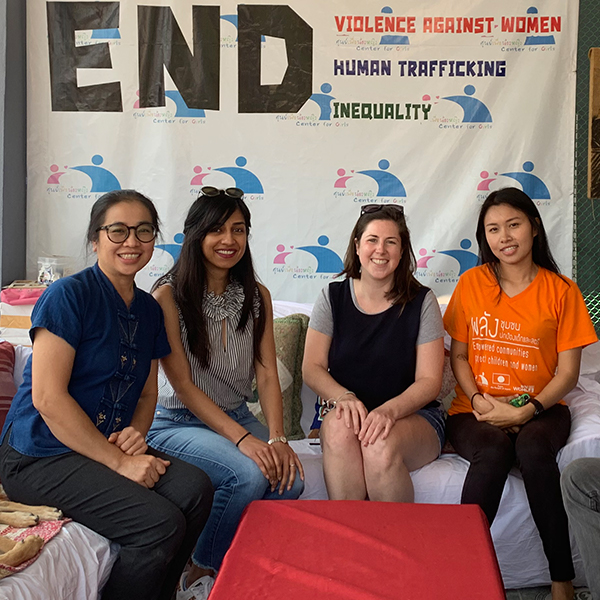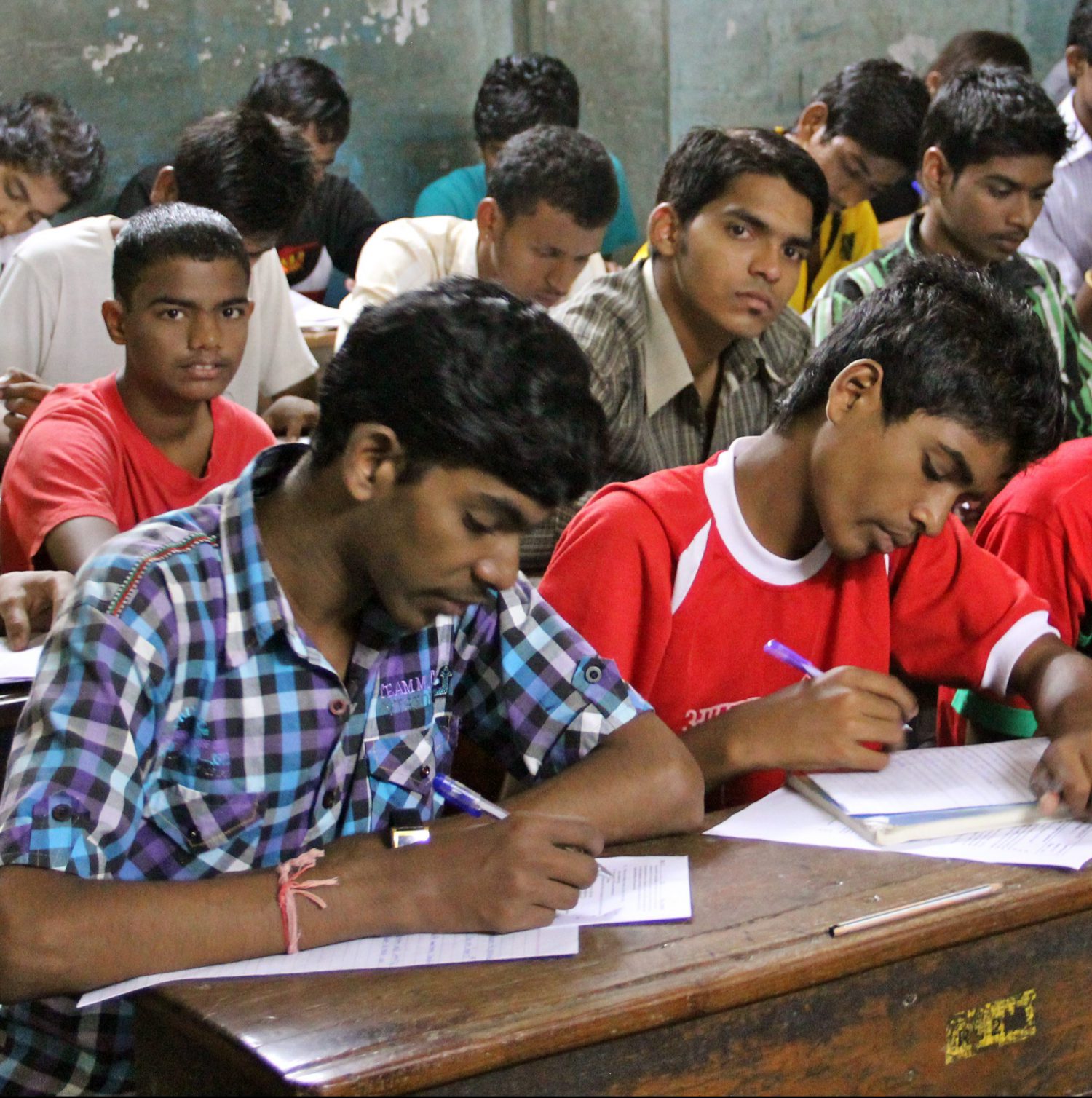In 2018, Global Fund for Children launched a five-year initiative aimed at combatting child trafficking in India by strategically supporting local leaders who are working at the forefront of this critical issue.
With a landscape analysis conducted by Toast Advisory, we identified the underlying challenges that form an enabling environment for trafficking, including its connection to multiple other issues such as child labor, low levels of education, migration, harmful gender attitudes and behaviors, and limited livelihood opportunities.
The analysis also gave us grounding to identify Shillong, Kolkata, Mumbai, and Kolhapur as the source, transit and destination ‘hubs’ in the country, and to focus our efforts on engaging locally-led organizations in these cities.
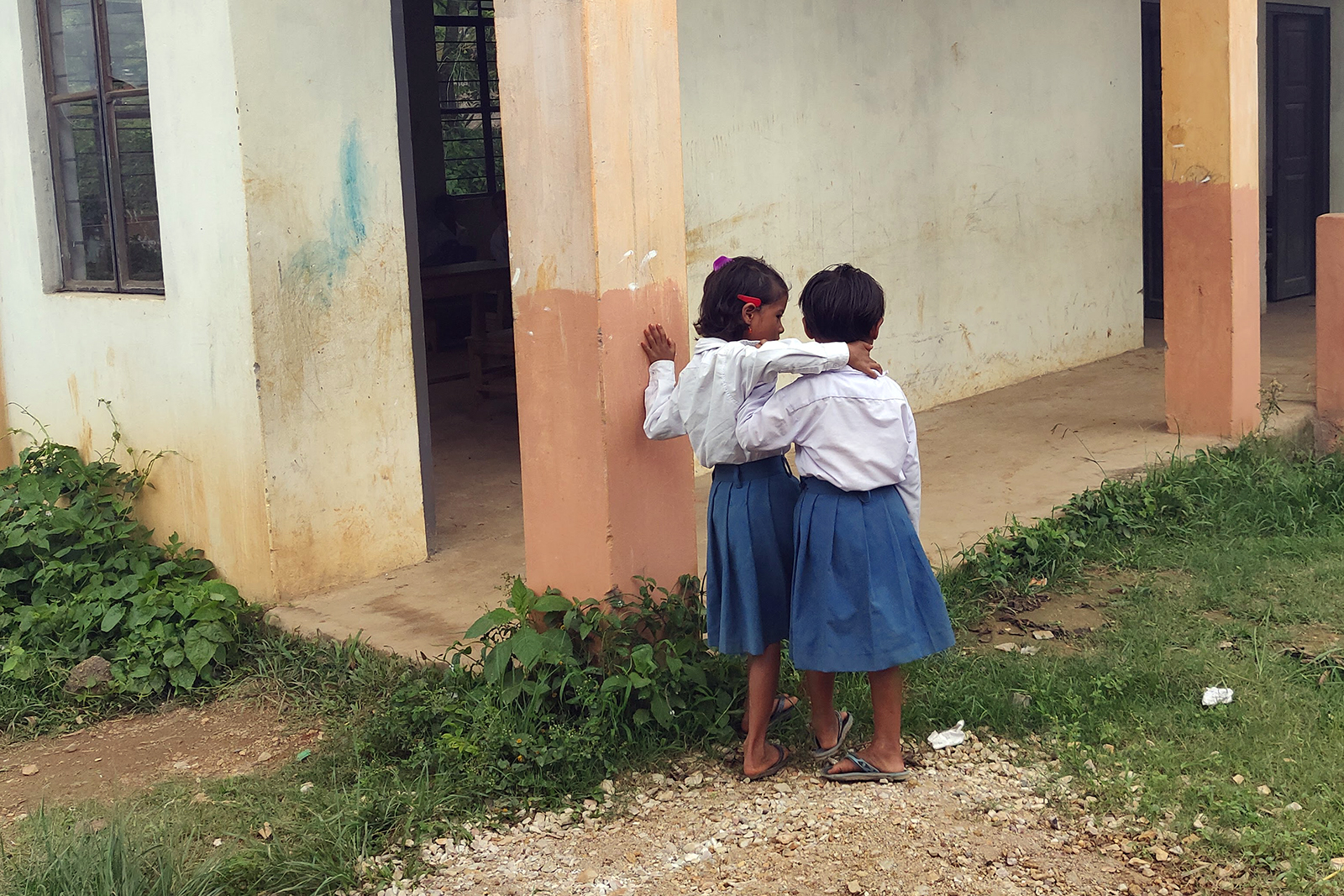
Our partners work across issues and across stakeholders – that is what we believe makes their impact sustainable and long-lasting. We therefore used the learnings from this analysis to identify five courageous, creative organizations working on the intersection of interventions within the identified cities.
Below we highlight some of the larger lessons we learned from the mapping, and how we and our partners are using this information to be most effective in shifting the social climate to end trafficking.
- Digital technology (including mobile apps, websites, and online money transfers) have made it easier for traffickers, pimps, and perpetrators alike to exploit victims and handle their trade without being detected by law enforcement.
Traffickers have adapted to the heavy use of technology across the country, while at the same time sex-work has ‘decentralized’ from brothels to spas, salons, private apartments, and dance bars. Free end-to-end encrypted messaging services, such as WhatsApp, have aided with this decentralization by making it easier for consumers and pimps and perpetrators to interact without fear of being caught, and to move on short notice. The anonymous and currently less-investigated online space allows traffickers to stay invisible and lure victims under false pretenses.
GFC partners, such as Her Choices Trust, are proactively engaged in using online platforms and technology such as virtual reality to create awareness and prevent online sexual harassment, abuse, and trafficking by making online spaces safe for girls and women. Over the next four years of this project, GFC intends to create a stronger focus on digital capacity development by supporting frontline workers in using technology more efficiently, and encouraging the integration of technology and digital learning to engage survivors, and children at risk of trafficking, more effectively.
- Reliable data is important for effective programming.
A significant lack of reliable data on trafficking in India makes it difficult to create informed programming or push for policy and systems change. Even more broadly, there is a lack of research and systematic research projects that track child trafficking, rescue, and rehabilitation in India.
While numerous local and international NGOs, along with various government agencies, are working on a plethora of issues that link with trafficking, often these systems are not in fact interlinked. For example, systems tracking missing children are not linked to systems mapping and tracking child trafficking – even though there is likely a very strong correlation between the two.
GFC aims to support its partners in working with existing systems and government agencies, while also generating reliable data and information to share across the network. GFC partner Her Choices Trust is already leading change in the area of big data collection and dissemination as it pertains to trafficking to devise programmatic interventions and collaborations with other stakeholders.
- Relationship and trust-building is key on an issue that is divisive and political.
A lot has been accomplished over the past decade through collaboration between the Indian government and NGO sector. Trafficking, however, continues to be a highly politicized issue with discourse that is often divisive. This in turn affects the civil society’s ability to affect change collectively.
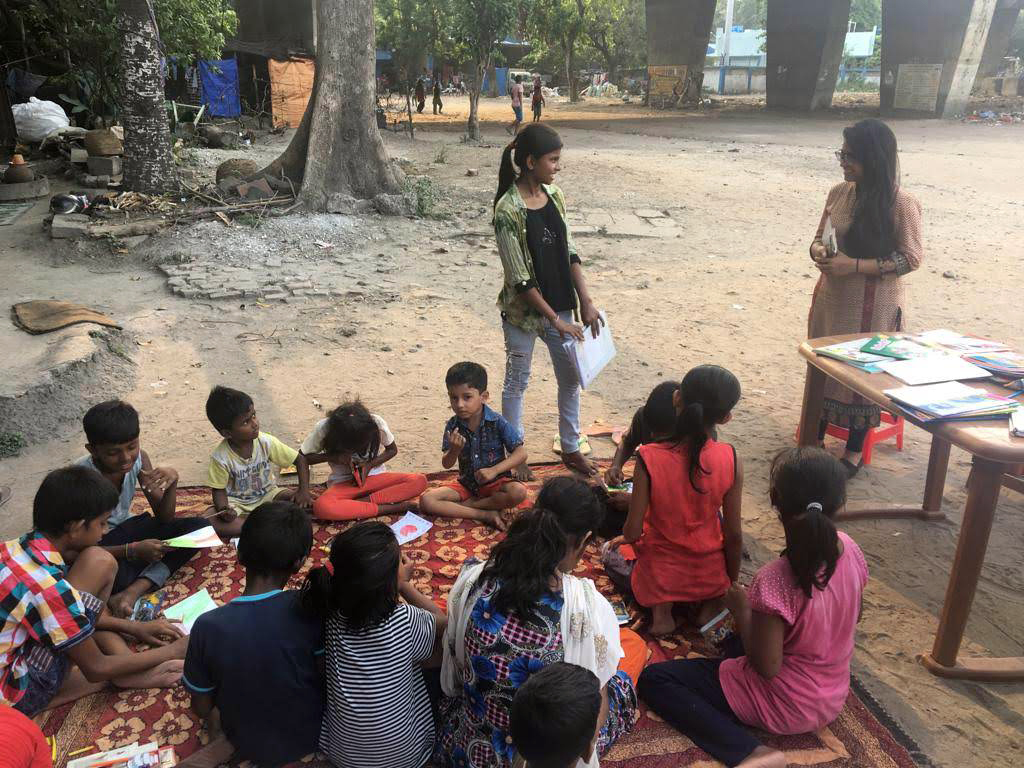
GFC believes in working through partnerships that are ideologically aligned with our goal to eliminate violence and exploitation against children, to support and protect children and youth at risk of trafficking, and to provide viable options for healthy, safe, and empowered lives. Through the course of our work in India, we hope to foster and facilitate strong relationships between our partner organizations, leading to organic collaborative models for change and creating a collective voice that transcends political discourse and division.
- Rehabilitation, reintegration into the community, and reclamation of identity to prevent re-trafficking is not currently receiving the support it needs.
Cultural norms around family honor prevent girls and women that are survivors of trafficking from being accepted by their families. Additionally, drug and alcohol abuse, as well as sexually transmitted diseases, make their reintegration even harder, often leading to survivors finding sources of employment within the trafficking industry or being re-trafficked.
The ongoing problem of re-trafficking is not limited to India alone. As a transit and destination country for its neighbors, Bangladesh and Nepal, India has repatriation agreements with both countries. However, post-repatriation a high number of survivors are re-trafficked on the same route back to India.
Interventions along these routes are critical: they must provide quality rehabilitative support to survivors, regardless of their nationalities, and a reclamation of their self, identity, and affirmative sexuality, to give survivors the confidence to reintegrate in society. GFC’s hub model in India is designed to work with partners that can provide effective and quality care to survivors along each stage of support and intervention.
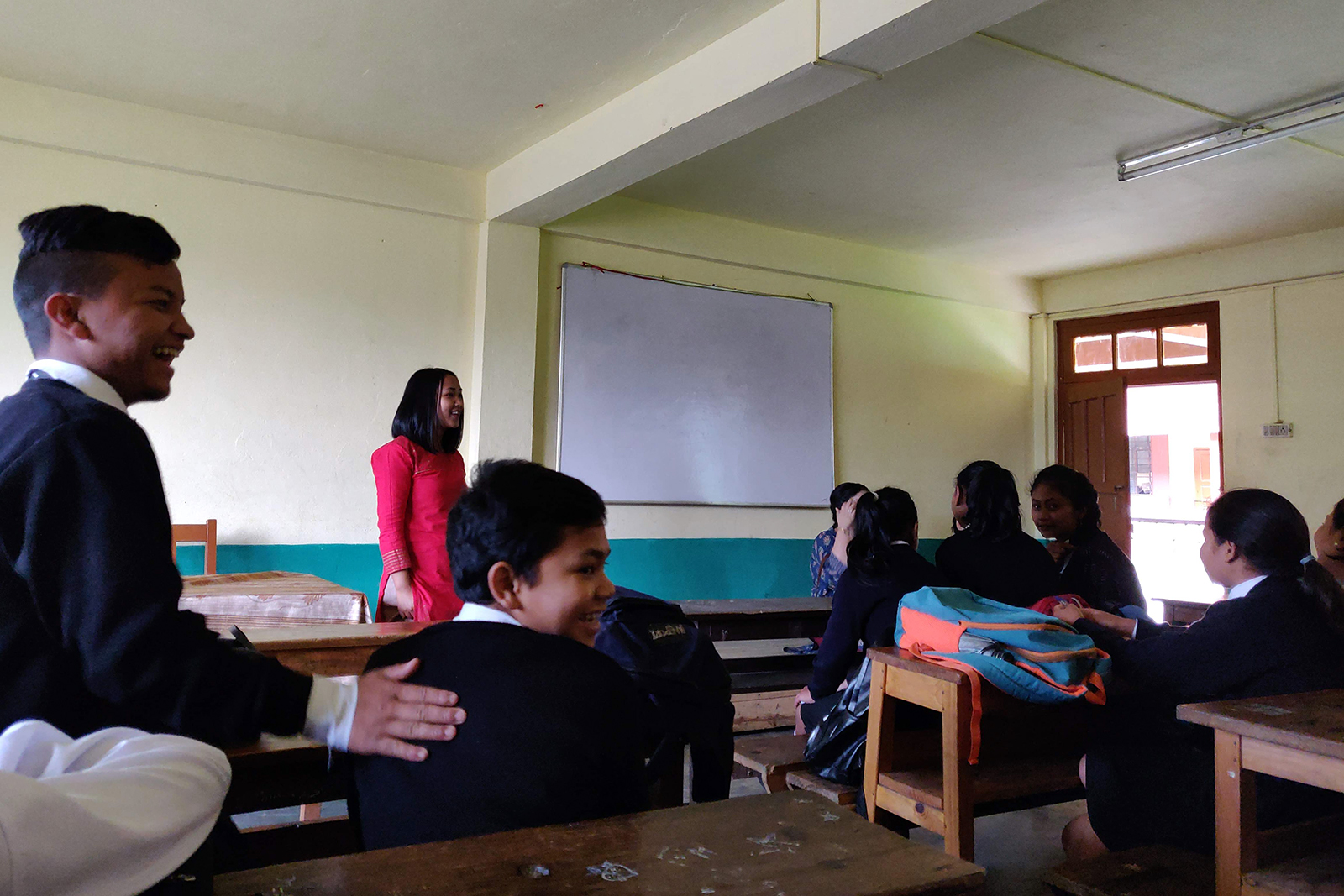
- We need to amplify and accelerate the work of local leaders using unconventional solutions.
Social issues are complex. They emerge and evolve rapidly, based on multiple factors constantly interacting and forming new dynamics in society. For example, natural disasters and political shifts that create mass migration and intersect with a lack of livelihoods and security, thereby creating additional spaces for exploitative endeavors. Local leaders are best placed to have their finger on the pulse of this rapid change and must think creatively to address the issues even before they form a trend or social concern. With our five new partners in India we hope to continue elevating the work of creative, local organizations and using our networks and capacity development services to accelerate their work for broader change in India.
Learn more about the project and each of our five local partners.
Header photo: Children playing cricket near a village school, where GFC partner Her Choices Trust shared information about child trafficking and how to prevent it.
